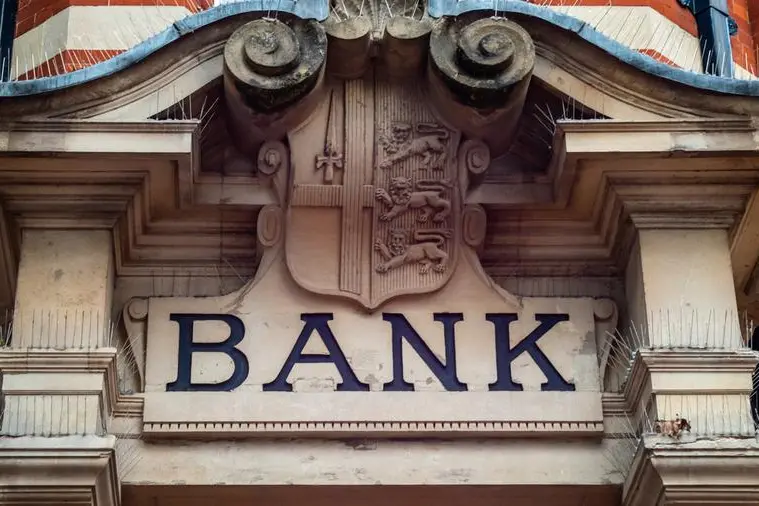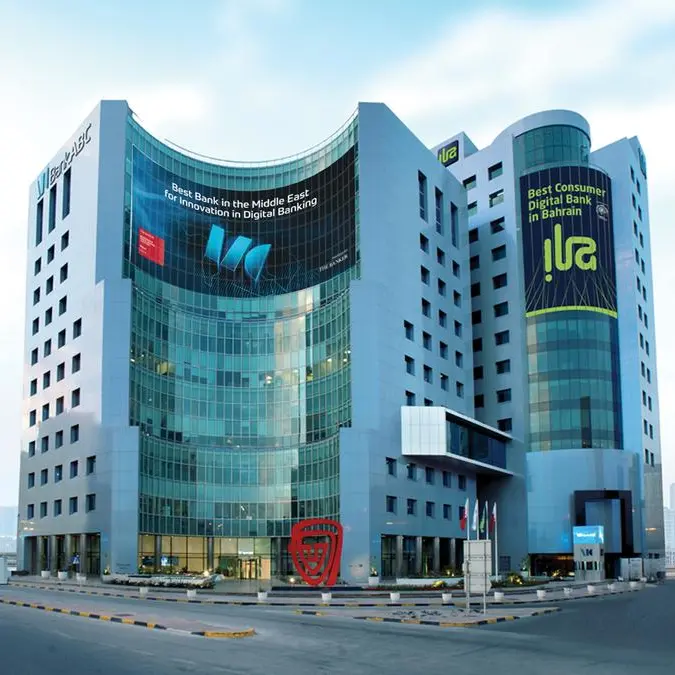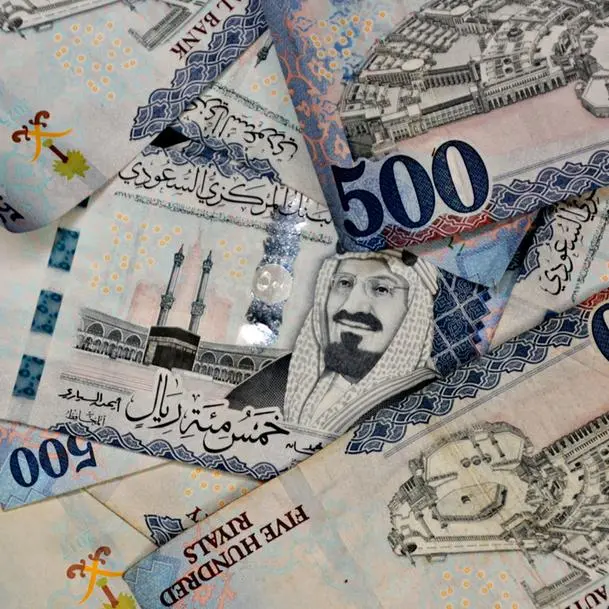PHOTO
Gulf Cooperation Council (GCC) banks are showing a strong appetite to grow their presence in major regional markets, particularly Turkiye, Egypt and India, attracted by improving economic conditions and better growth opportunities.
Several GCC banks are reportedly looking to acquire banks in Turkiye (B+/Positive), Egypt (B-/Positive) and India (BBB-/Stable), Fitch Ratings says.
“We believe external growth is part of some GCC banks’ strategy to diversify business models and improve profitability. By deploying capital into high-growth markets, they may be able to compensate for weaker growth in their home markets,” Fitch says.
Great potential
Turkiye, Egypt and India each have much larger populations than the GCC, and greater potential for bank sector growth given their strong real GDP growth prospects and smaller banking systems relative to their economies. Their banking system assets/GDP ratios are below 100%, compared with over 200% in the largest GCC markets, and private credit/GDP was only 27% in Egypt, 43% in Turkiye and 60% in India in 2023.
GCC banks’ main exposure outside the GCC region is through subsidiaries in Turkiye and Egypt, where they had about $150 billion of assets at end-1Q24. While these markets are the main focus for growth, there is increasing interest in India, particularly from banks from the UAE, which has strong and growing financial and trade links with India.
GCC banks’ appetite to expand in Turkiye has increased since the country’s macroeconomic policy shift following last year’s presidential election, which has reduced external financing pressures and macro and financial stability risks and recently led Fitch to revise its Turkish banking sector outlook to ‘improving’.
Turkish inflation to come down
Fitch forecasts Turkish inflation to decrease to an average of 23% in 2025 from 65% in 2023, and GCC banks will probably stop using hyperinflation reporting for their Turkish subsidiaries from 2027. Together with greater Turkish lira stability, this could improve GCC banks’ returns on their Turkish operations.
Interest from GCC banks in Egypt is also gaining momentum. Fitch believes this is driven by Egypt’s improved macroeconomic environment, opportunities offered by the authorities’ privatisation programme, and the expansion of some GCC corporates in the country.
Fitch recently revised the outlook on its ‘b-’ operating environment score for Egyptian banks to positive, reflecting its expectations of improved macro stability due to Egypt’s large FDI deal with the UAE, an enhanced IMF deal, increased foreign-exchange (FX) rate flexibility and greater commitment to structural reforms.
Fitch expects the significant improvement in the Egyptian banking sector’s net foreign assets position this year to be sustained by strong portfolio inflows, remittances and tourism receipts. Fitch forecasts inflation to fall to 12.3% in June 2025 from 27.5% in June 2024, which could lead to policy interest rate cuts from 4Q24.
High barriers
The Egyptian banking market has high barriers to entry, but GCC banks may have opportunities to acquire stakes in three banks through the authorities’ privatisation programme. The expansion of GCC corporates in Egypt, particularly of UAE firms, could also support increased GCC bank presence.
The increasing cost of acquiring banks in Turkiye, Egypt and India could weigh on GCC banks’ acquisition plans. Price-to-book multiples have increased since last year, particularly in Turkiye and India, reflecting improved macroeconomic prospects and decreased operating environment risks.
Acquisitions in lower-rated jurisdictions could weaken GCC banks’ Viability Ratings. An acquisition could lead to a lower operating environment score (depending on the relative size of the acquired entity) or weakened financial profile, which could weigh on the acquiring bank’s Viability Rating. However, almost all GCC banks’ Long-Term Issuer Default Ratings are driven by government support and are therefore unlikely to be affected by acquisitions.--TradeArabia News Service
Copyright 2024 Al Hilal Publishing and Marketing Group Provided by SyndiGate Media Inc. (Syndigate.info).





















